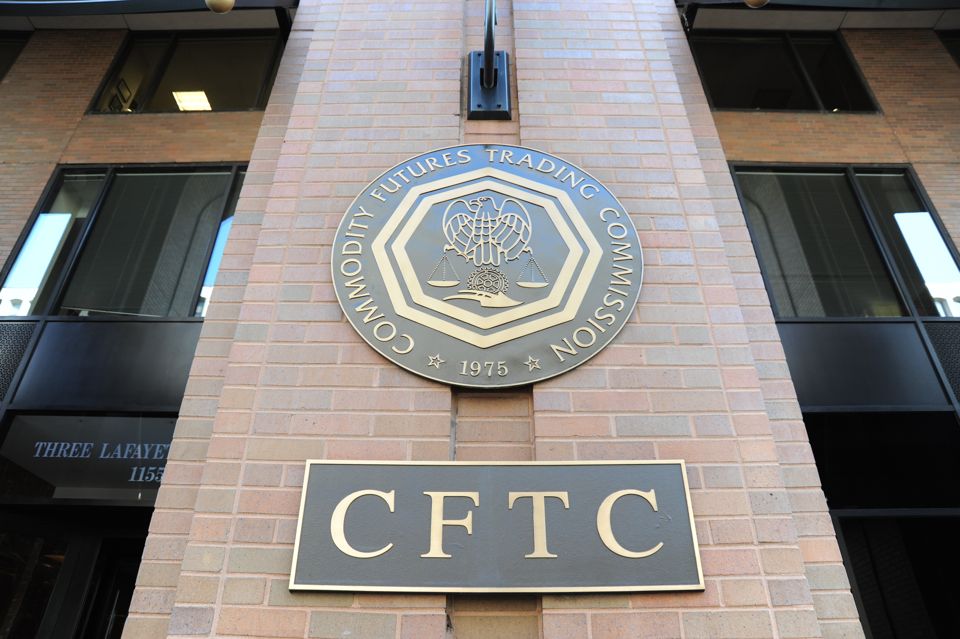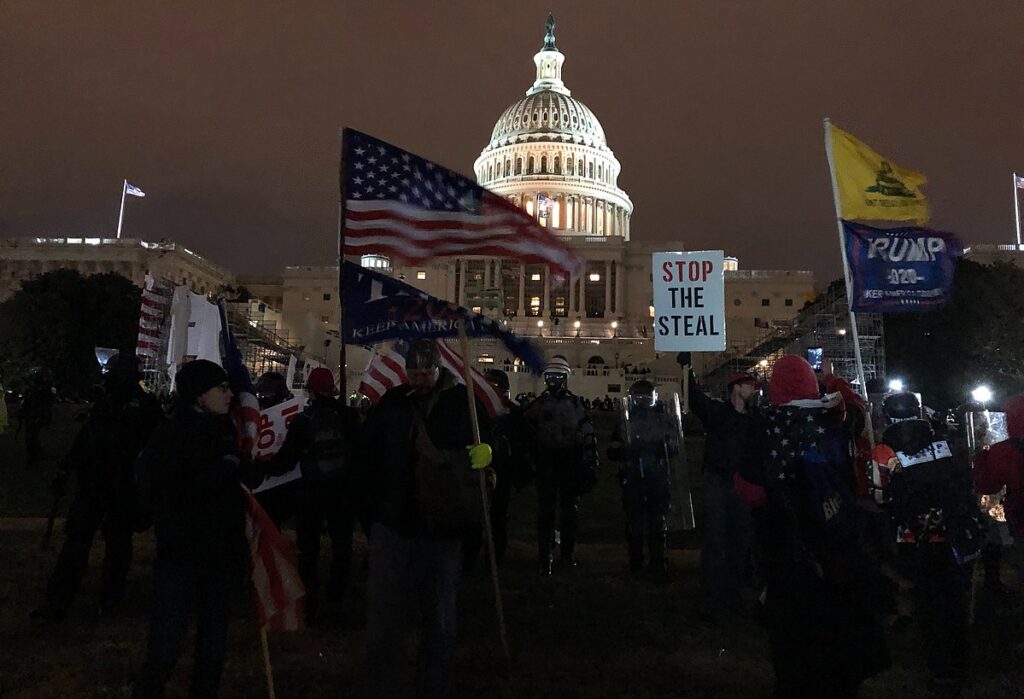
By Pratik Chougule, Mick Bransfield, and Solomon Sia
The CFTC remains the federal agency best positioned to exercise jurisdiction over event contracts.
Since 1992, when CFTC-registered exchanges increased their listing of event contracts, the Commission has gradually expanded its jurisdiction over the space.
It is true that event contracts do not fall within the core regulatory remit of the CFTC. We agree, for instance, that key aspects of event contract regulation would be a better fit for a gaming regulator.
But Congress addressed the CFTC’s authority over event contracts as part of the Dodd-Frank Act, has looked to the Commission since then for leadership on the issue, and has shown little indication to roll back the Commission’s jurisdiction.
The above point regarding the CFTC’s authority over event contracts is critical considering how frequently the proposed rule raises concerns about the Commission’s lack of specialized experience and jurisdiction on questions related to event contracts.
Too often in the proposed amendments, the Commission cites perceived limitations in terms of its expertise and authority as a reason for curtailing event contracts. Ironically, as underscored by Commissioners Mersinger and Pham, the Commission may be overcorrecting by exceeding its legal authorities in restricting event contracts.
Given the absence of a better-situated agency, the Commission should instead err on the side of building the capacity within the agency to manage event contracts, and articulating to lawmakers and judges why an updated legal regime is necessary to regulate the evolving event contract space.
The CFTC should draw confidence from the way its historic regulation over event contracts has allowed the space to mature.
Although the CFTC has taken a restrictive and cautious approach to regulating event contracts, it has also provided enough leeway for the space to develop.
Even though the CFTC is bound by a regime in which the preponderance of federal and state law militates against event contracts, the agency is a relative outlier among its international counterparts in terms of how much it has permitted event contracts to be offered on regulated exchanges, platforms with no-action relief, and offshore sites.
The Iowa Electronic Markets and PredictIt, as an example, would not have operated with regulatory certainty in the absence of the CFTC’s no-action letters. The success of these projects has inspired entrepreneurs to build event contract platforms of greater sophistication and value for the public interest.
Pratik Chougule (@pjchougule) is the executive director of the Coalition for Political Forecasting. Mick Bransfield (@mickbransfield) is the research director of the Coalition for Political Forecasting. Solomon Sia (@sia_solomon) is a board member of the Coalition for Political Forecasting.
This blog post is an excerpt of the authors’ August 2024 comment letter to the CFTC.


